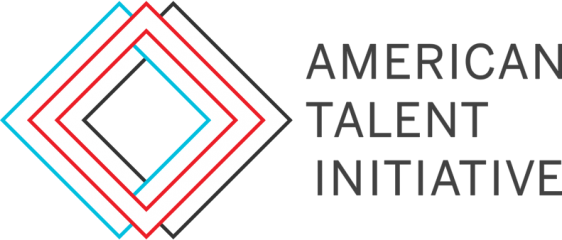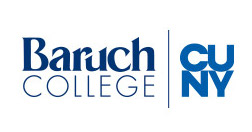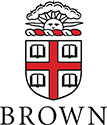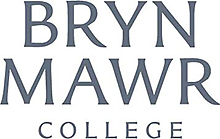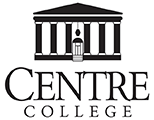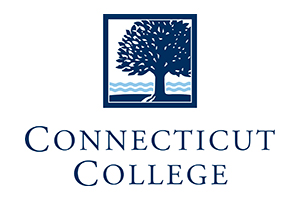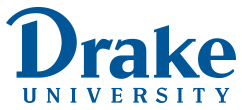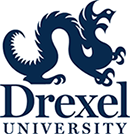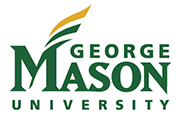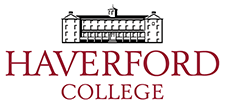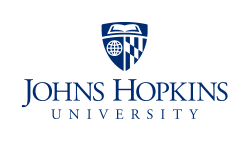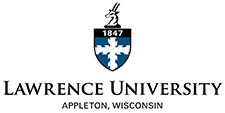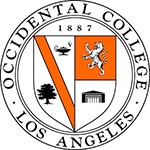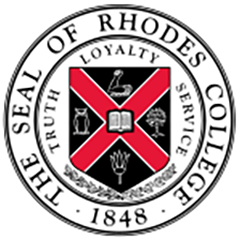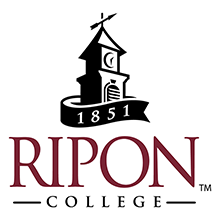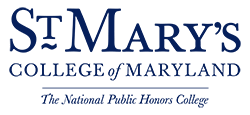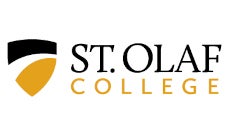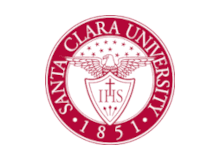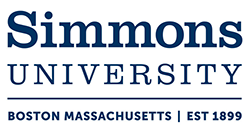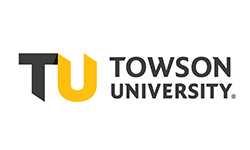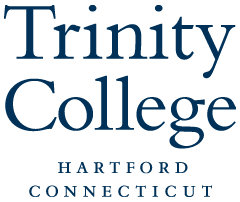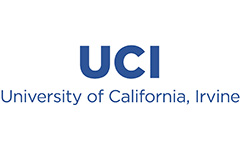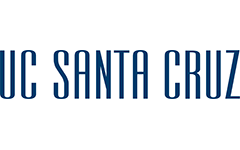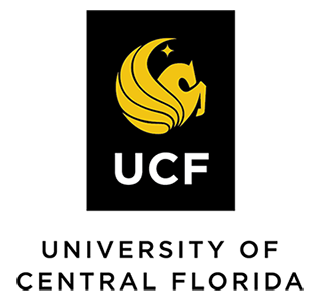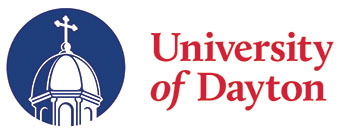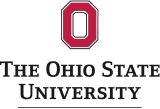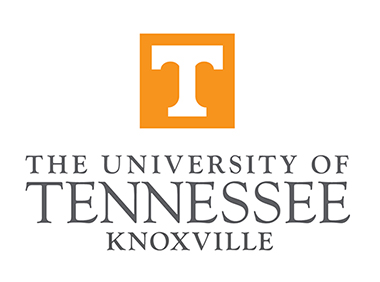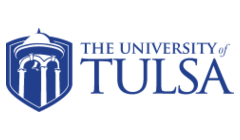The American Talent Initiative (ATI) is a Bloomberg Philanthropies-supported collaboration between the Aspen Institute College Excellence Program, Ithaka S+R, and a growing alliance of colleges and universities dedicated to substantially expanding opportunity and access for low- and moderate-income students. ATI members—all graduating at least 70 percent of their students within six years—have joined together to address this challenge.
ATI is guided by a Steering Committee:
- Ángel Cabrera, President, Georgia Institute of Technology
- Christopher Eisgruber, President, Princeton University
- Kathleen Harring, President, Muhlenberg College
- Paula Johnson, President, Wellesley College
- Robert Jones, President, University of Washington
- Martin Kurzweil, Managing Director, Ithaka S+R
- Daniel R. Porterfield, President and CEO, The Aspen Institute
- Juan Sánchez Muñoz, Chancellor, University of California-Merced
- Eric F. Spina, President, University of Dayton
- Joshua Wyner, Executive Director, College Excellence Program, The Aspen Institute
We extend our gratitude to William E. “Brit” Kirwan, Chancellor Emeritus of the University System of Maryland, and Michael Drake, President of the University of California, for their vision and leadership in the design and launch of the American Talent Initiative.
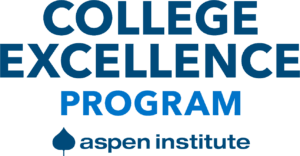
The Aspen Institute's College Excellence Program aims to advance higher education practices and leadership that significantly improve student learning, completion, and employment after college—especially for the growing population of low-income and minority students on campuses nationwide. The College Excellence Program is part of The Aspen Institute, a global nonprofit organization committed to realizing a free, just, and equitable society.
 Ithaka S+R provides research and strategic guidance to help the academic and cultural communities serve the public good and navigate economic, demographic, and technological change. Ithaka S+R is part of ITHAKA, a nonprofit with a mission to improve access to knowledge and education for people around the world.
Ithaka S+R provides research and strategic guidance to help the academic and cultural communities serve the public good and navigate economic, demographic, and technological change. Ithaka S+R is part of ITHAKA, a nonprofit with a mission to improve access to knowledge and education for people around the world.
![]() Bloomberg Philanthropies invests in 700 cities and 150 countries around the world to ensure better, longer lives for the greatest number of people. The organization focuses on creating lasting change in five key areas: the Arts, Education, Environment, Government Innovation, and Public Health. Bloomberg Philanthropies encompasses all of Michael R. Bloomberg’s giving, including his foundation, corporate, and personal philanthropy as well as Bloomberg Associates, a philanthropic consultancy that advises cities around the world. In 2023, Bloomberg Philanthropies distributed $3 billion. For more information, please visit bloomberg.org, sign up for our newsletter, or follow us on Instagram, LinkedIn, YouTube, Threads, Facebook, and X.
Bloomberg Philanthropies invests in 700 cities and 150 countries around the world to ensure better, longer lives for the greatest number of people. The organization focuses on creating lasting change in five key areas: the Arts, Education, Environment, Government Innovation, and Public Health. Bloomberg Philanthropies encompasses all of Michael R. Bloomberg’s giving, including his foundation, corporate, and personal philanthropy as well as Bloomberg Associates, a philanthropic consultancy that advises cities around the world. In 2023, Bloomberg Philanthropies distributed $3 billion. For more information, please visit bloomberg.org, sign up for our newsletter, or follow us on Instagram, LinkedIn, YouTube, Threads, Facebook, and X.
The origins of the American Talent Initiative
The American Talent Initiative was inspired by decades of work by individual colleges and universities to expand college opportunity as well as research documenting that tens of thousands of high-achieving, low- and moderate-income students are unable to gain access at top colleges and universities.
Inspired by this institutional action, leading research and a deep belief in meritocracy, Bloomberg Philanthropies convened college presidents and higher education thought leaders for multiple conversations about how to address challenges facing high-achieving, lower-income students.
ATI is a direct outgrowth of those conversations and reflects Bloomberg's commitment to finding practical, collaborative, results-oriented, and data-informed solutions to complex challenges. It is a companion effort to the Bloomberg Philanthropies-supported CollegePoint initiative, which provides virtual, high quality college and financial aid advising to thousands of high-achieving, low- and moderate-income students across the United States.
ATI and CollegePoint rely on research focused on the feasibility and importance of expanding access and opportunity for talented, lower-income students at top colleges and universities, including:
- William G. Bowen, Martin A. Kurzweil, and Eugene M. Tobin, Equity and Excellence in American Higher Education, University of Virginia Press, 2005.
- Gordon Winston and Catharine Bond Hill, Access to the Most Selective Colleges by High-Ability Low-Income Students: Are They Out There?, (Discussion Paper No. 69). Williams Project on the Economics of Higher Education, 2005.
- Joshua S. Wyner, John M. Bridgeland, and John J. DiIulio, Jr., Achievement Trap: How America Is Failing Millions of High Achieving Low-Income Students, Jack Kent Cooke Foundation, 2006.
- Caroline Hoxby and Christopher Avery, The Missing "One-Offs": The Hidden Supply of High-Achieving, Low-Income Students, Brookings Papers on Economic Activity, 2013.
